Teach your students how to divide decimals by whole numbers using visual models and the standard algorithm using this step-by-step teaching presentation.
Teach How to Divide Decimals by Whole Numbers
Connor’s farm collected a total of 60.9 litres of milk this week. They own three cows and all of the cows produce the same amount of milk.
How much milk did each cow produce this week?
To work out the answer to this question, your students need to divide a decimal (60.9) by a whole number (3). There are numerous ways to do this. Two of the most common strategies for dividing decimals by whole numbers are:
- Visual Models – This model employs the use of grids or arrays to represent the decimal dividend. By shading in the appropriate number of squares on the grid or grids, then grouping the shaded area based on the whole number divisor, students can visually see the division process represented on a grid. This method is ideal for learners who benefit from visual approaches to solving mathematical problems.
- Standard Algorithm – This method is the more traditional method we often use for division. Add the decimal above the dividend in the quotient area, then divide as you would with whole numbers. This method is ideal for learners who have a strong grasp of the underlying concepts and can complete calculations quickly and accurately.
To help your students better understand these two strategies for dividing decimals by whole numbers, the expert teacher team at Teach Starter has created this 16-slide teaching presentation. The presentation explores each strategy in detail using annotated examples of each process. It also includes collaborative review activities that the class can work through together as a means of checking for understanding.
This slide deck downloads in either a Microsoft PowerPoint or a Google Slides format. The first part of the presentation operates in Slideshow mode. The second part (the review activities) operates in Edit mode.
Differentiate This Division of Decimals Slideshow
If you’re looking for ways to differentiate this activity, here are some suggestions from our experienced teacher team:
- Provide Manipulatives – To help your less-confident students engage with and practice each strategy, provide manipulatives such as hundreds grids (without the numbers) and mini-whiteboards. This way, students can complete each step of each new strategy as it is being described in the slideshow.
- Be the Teacher – Allow your more-confident students to demonstrate their knowledge by taking the lead during the review activities. Have students take turns coming up to the board and walking the class through the steps required to complete the questions.
Download to Divide Decimals by Whole Numbers
Use the dropdown menu on the Download button to access your preferred version of this resource. (Note: You will be prompted to make a copy of the Google Slides presentation before accessing it.)
Project the resource onto your screen and work through the slides as a class for a paperless lesson on how to divide decimals by whole numbers!
This resource was created by Kaylyn Chupp, a Teach Starter collaborator.
More Decimals Operations Resources
If you love the look of this decimals resource, then we have good news for you! We have plenty more resources to complement your lessons on dividing decimals. Click below to browse more teacher-created, curriculum-aligned resources!
[resource:5050509] [resource:5066059] [resource:27095]
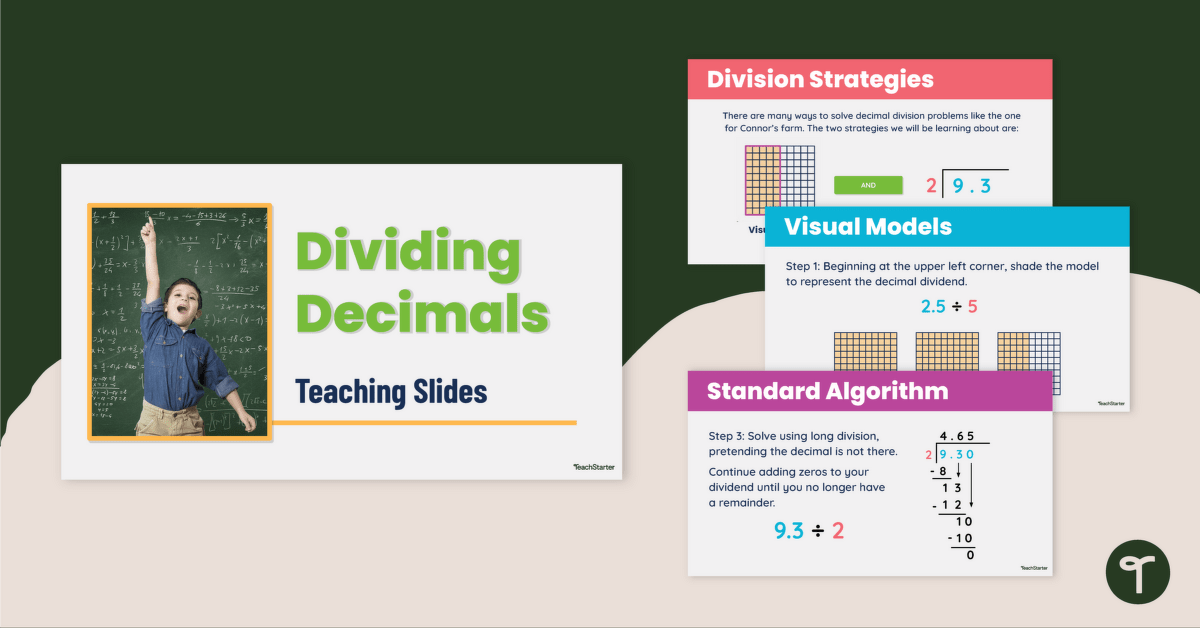

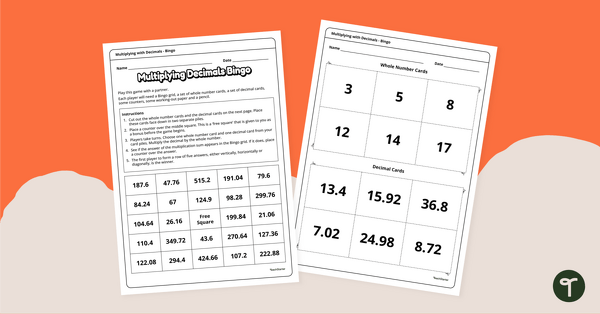
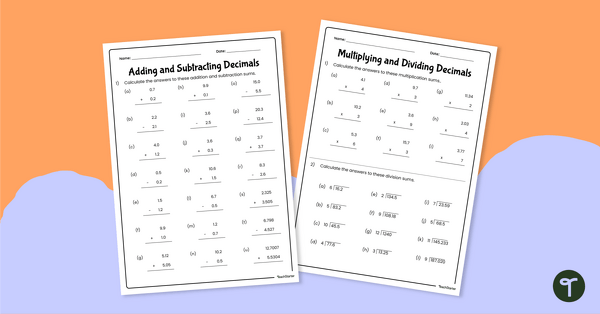
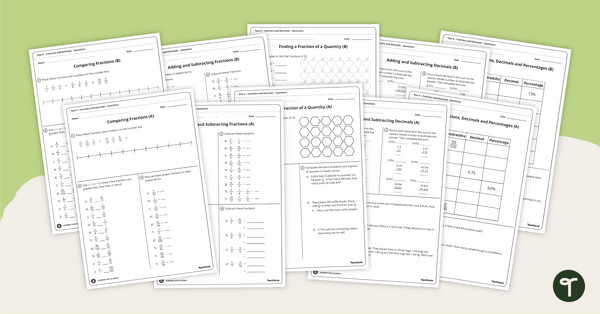
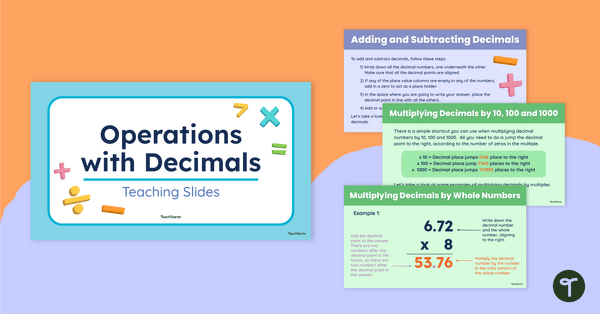
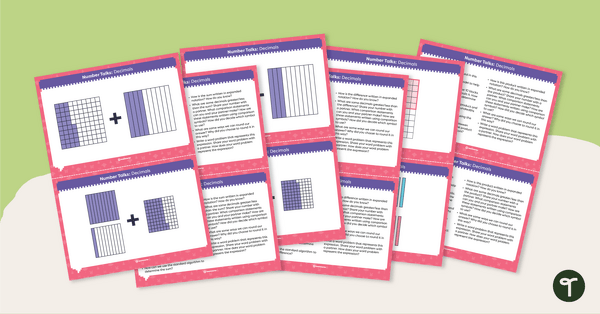
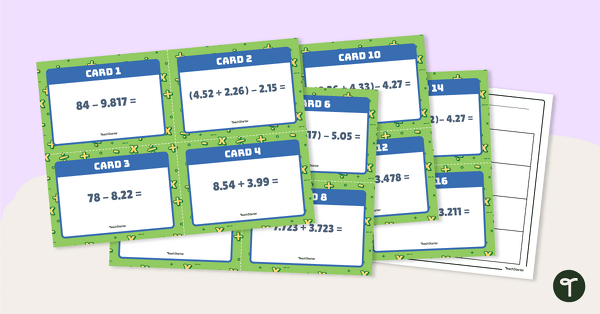
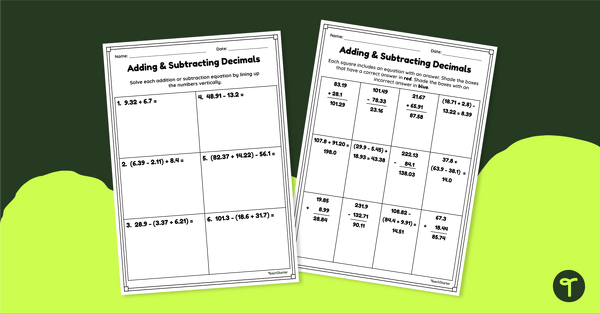
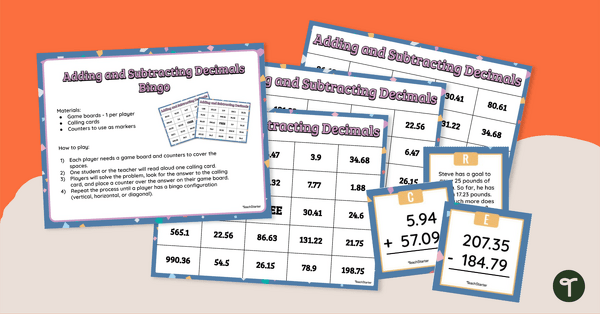
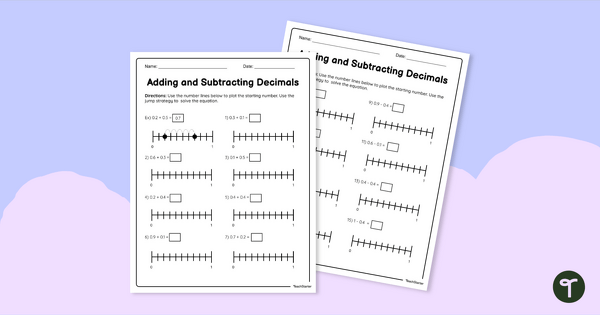
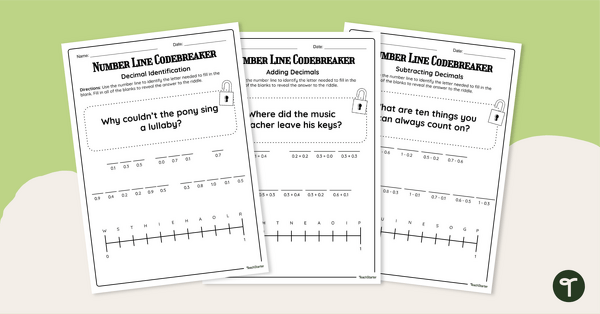
0 Comments
Write a review to help other teachers and parents like yourself. If you'd like to request a change to this resource, or report an error, select the corresponding tab above.